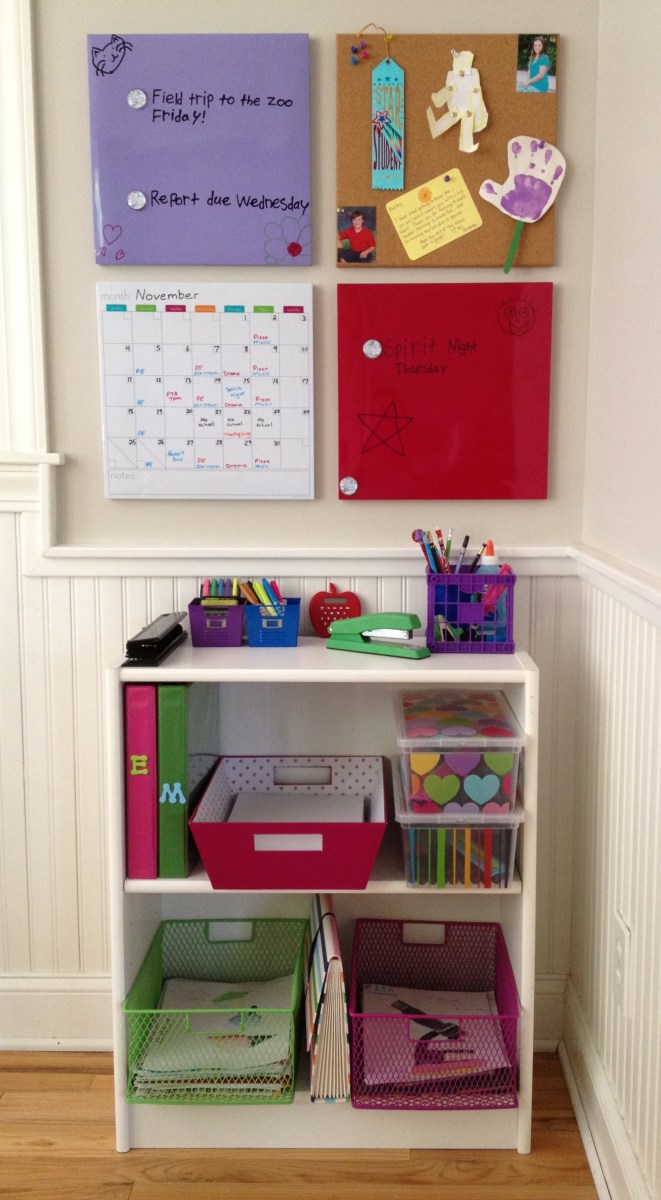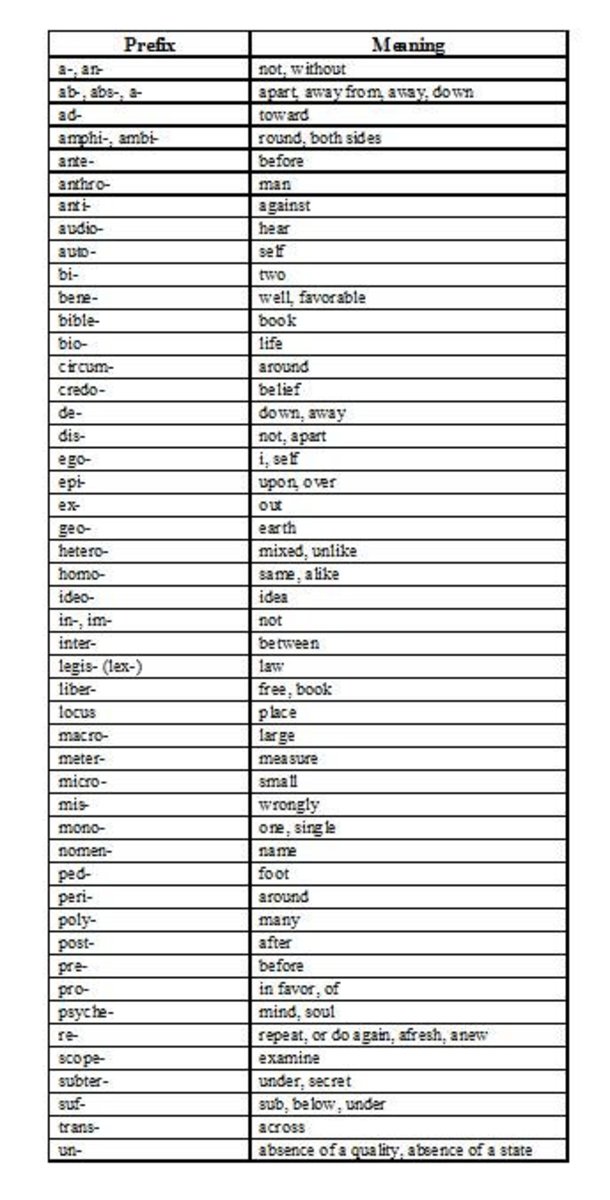Do Kids Have Too Much Homework? How Can Parents Help?

Is Your Family Suffering from Homework Overload?
The amount of homework kids are assigned has been increasing dramatically over the last couple of decades.
Do kids have too much homework?
Is homework beneficial? Is it harmful?
How can we, as parents, support our children in the arena of homework?
The Most Helpful Book I've Read About Homework


Is Homework Good or Bad?
Benefits vs. Detriments of Homework Assignments
Proponents of homework reason that assignments give students an academic boost, teach kids how to budget their time, and give them responsibility.
Others are alarmed by the amount of time their children are dedicating to homework assignments. They argue that homework interferes with precious family time, creates excess stress and conflict among family members, and doesn't give kids an opportunity to just be kids.
Most of us assume that if a teacher has assigned homework, it is important for our kids' education. Surprisingly, though, research indicates that homework has little or no benefit at the elementary school level and only modest or moderate benefits for older students.
This fact alone should cause us to all stop and reconsider our blind faith in the value of homework. It is ironic that most school teachers, administrators, and parents have not done their homework about homework!
As with most other things, homework is not necessarily "all good" or "all bad."
The pros and cons of homework depend largely upon the quality of homework, the needs of the student, and the needs of the family.
How Much Homework Is Enough?
Current Homework Guidelines
Experts are now saying that an appropriate amount of homework is:
10 minutes per grade level per weeknight.
This means that a first-grader could have 10 minutes of homework Monday through Thursday nights. A sixth-grader could 60 minutes and a senior in high school could have a total of two hours (120 minutes). There should be no homework assigned over weekends or vacations.
Many students and parents report having much more than 10 minutes per grade level per weeknight and may have hours of homework to complete each and every day. But even if assignments do follow these guidelines, many kids and their families struggle to balance the time required to complete homework with family time and other activities and obligations.
Take a Quick Poll
How much time do kids in your family spend doing homework?

Photo credit: English106 via " target="_blank"photo pin cc
Quality vs. Quantity
Small, quality assignments have more value than "busywork"
It is important to distinguish between homework quantity and homework quality. If it's just "busywork," it does nothing to improve academic competence.
However, if the homework assignment is well-designed and engaging, it may well be a helpful learning tool.
I am much more inclined to have my son do his writing homework than math, since his writing skills could use some improvement.
But I would rather see him playing enthusiastically with his brother than doing homework sheets that simply repeat what he's been doing ALL DAY at school!
The Best Book You Can Read About Homework
The Case Against Homework
There is an excellent resource available to help parents understand the numerous issues around homework and how to navigate through the confusion and frustration in order to support our kids' academic and life needs. It is an eye-opening book called The Case Against Homework by Sara Bennett and Nancy Kalish.
In The Case Against Homework, the authors detail what is known about both the benefits and detriments of homework, how to identify quality homework assignments, and -- most importantly -- how to work with teachers, school administrators, and other families to create homework options that are sensible and helpful.
I especially appreciate that the advice is to truly collaborate with teachers and administrators and not be adversarial. It is usually not the teacher's fault that there is so much homework, since the teacher is generally following instructions set forth by the school, district, and/or curriculum package and doing what they assume to be helpful by assigning homework.
The Case Against Homework - A critical resource for any family struggling with homework issues



My Opinion Regarding Homework
My personal conviction is that individual families must decide for themselves which homework assignments are sensible and beneficial and how much homework is too much. There are many factors to consider, and the specific needs of each family and the students in that family are paramount.
In my own family, we do only some of the homework assignments. I know that my sons get much more out of playing together, resolving conflicts resulting from "cooperative" play, building with Legos, using their imaginations, running around, doing a couple of extra-curricular activities, and enjoying family reading time. But I do make sure that the homework assignments that meet my son's particular needs are completed.
Many experts assert that reading, reading, reading is the single best thing parents can do with their kids to engage them in active learning. We do a lot of reading here!
Play is also considered to be a critical form of learning, though modern society leaves very little time and space for free play. Too much homework means kids don't have sufficient time to play independently and with peers, engage in imaginative play, exercise during active play, daydream, and explore their world.
These activities are NOT a waste of time. They are important learning experiences that help kids develop skills in a number of areas, some of which are academic in nature, since writing, drawing, reading, math and other skills may easily be found in various forms of "play."
I realize my stance may seem radical, but I don't think it is. If doing a lot of homework actually improved academics, I would consider it more worthwhile. As it is, it seems that it takes away from true learning experiences while increasing pressure on the students and their families.
We have all been trained to believe in the inherent value of homework -- I am no exception. It is difficult to re-evaluate such long-held beliefs and try to discover what really works in the areas of academic success, childhood development, and family life.
Take Action!
Control how much and what kind of homework to do!
Our goal as a team of parents, students, teachers, and administrators should be to develop guidelines that truly promote the overall health and education of our families and communities.
Follow your instincts and decide what is best for your family,
then TAKE THE STEPS necessary to achieve a healthy balance!








